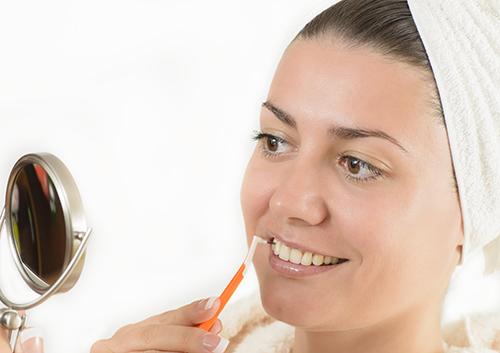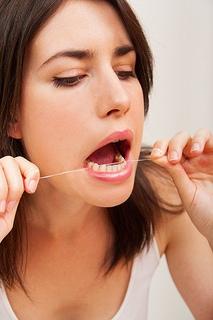
Blogs
-
Take Your Pick!
updated: Apr. 30, 2024

-
Smoking and Dental Implants
updated: Apr. 23, 2024

-
Every Day is Earth Day
updated: Apr. 16, 2024

-
Brushing Tips for Kids
updated: Apr. 09, 2024

-
April is Oral Cancer Awareness Month
updated: Apr. 02, 2024

-
Four Tips for Soothing a Toothache
updated: Mar. 26, 2024

-
Best Tips to Make Your Teeth Look Whiter
updated: Mar. 19, 2024

-
St. Patrick's Day: Celtic pride, green shamrocks, and lucky charms!
updated: Mar. 12, 2024

-
Plaque Attack? Let’s Fight Back!
updated: Mar. 05, 2024

-
Dental Emergencies in Children
updated: Feb. 27, 2024

-
Can’t Take Another Bite?
updated: Feb. 20, 2024

-
Choose Chocolate on Valentine's Day
updated: Feb. 13, 2024

-
How does a tooth decay?
updated: Feb. 06, 2024

-
Can You Stop a Cavity Before It Starts?
updated: Jan. 30, 2024

-
Fluoride Treatment: Do You Need One?
updated: Jan. 23, 2024

-
Weighing the Facts about DIY Scaling
updated: Jan. 16, 2024



